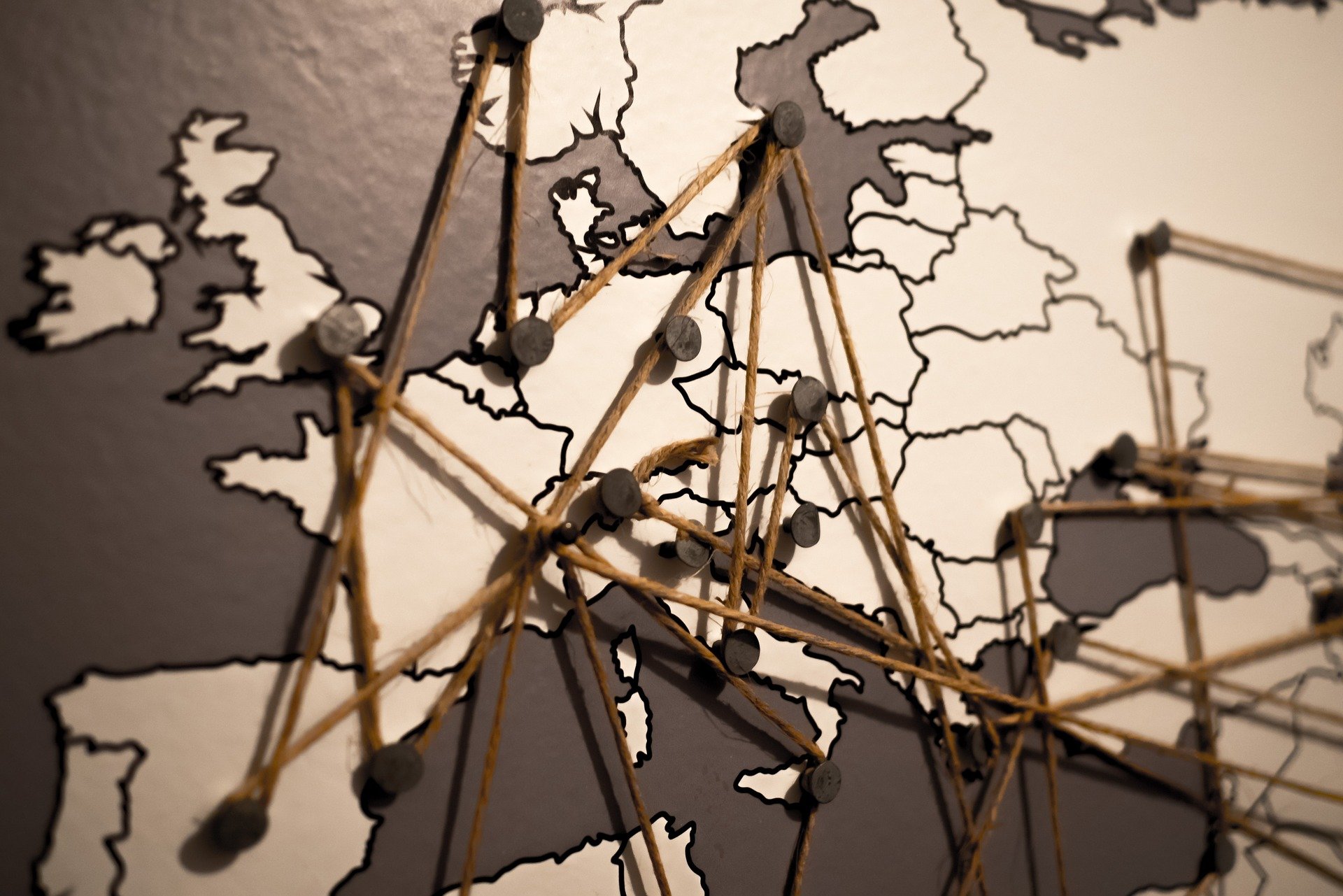Sponsors Article
German economy benefits above average from 5G
According to a study, Germany has a good economic forecast in a European comparison of the cost-benefit ratio of 5G networks, especially in the area of Smart Production. (Picture: Pixabay)
About the study: For “5G Action Plan Review for Europe”, the 15 European countries were selected that had already started to build 5G networks during the study period. In addition, 12 other European countries that had not yet started 5G rollout at the time of data collection (Q2 2020) were also included. The costs were examined in relation to the economic, social and environmental benefits for each country. The cost-benefit factor in the European countries studied was on average 4.5: the construction of a 5G network in Europe costs around EUR 50 billion, but this is offset by benefits of over EUR 200 billion.
The study divided the possible applications of 5G into four clusters: Smart Production and Logistics, Smart Rural, Smart Urban, Smart Public Services. Within these clusters, the greatest opportunities for Germany lie in the areas of Smart Production, i.e. the use of 5G in factories, ports, airports or in mining and Smart Urban, which includes the construction industry, public transport and the automotive sector. According to Ericsson, this is also in line with the company’s experience in the segment of private mobile network solutions for industry, so-called campus networks.
The four clusters of 5G application possibilities examined within the study are as follows:
Smart Production and Logistics
This area includes applications such as smart factories, intelligent energy management and the use of drones and autonomous vehicles in mining, ports and airports. This cluster holds the greatest economic opportunities for 5G. The cost-benefit factor here is an average of 4, and the study found that with an investment of around 22 billion euros, benefits worth 90 billion euros can be generated. With a factor of 7.3, Germany is in third place among the countries studied behind Ireland and Switzerland. The benefit of Smart Production is lowest in Latvia with a factor of only 0.9.
Smart Rural
This is about access to fast connections in rural areas and the use of 5G in agriculture, for example through smart sensors that monitor health, irrigation and plant diseases. Here the Netherlands leads the ranking with a cost-benefit factor of 21.7. Germany is in 11th place with a factor of 6.0 and Italy comes last with a factor of 1.9. In the overall comparison, the cost-benefit factor is 4 across all countries.
Smart Urban
Smart Urban includes the automotive sector, construction industries and urban hotspots such as public transport. Here 5G can make a major contribution to reducing CO2 emissions. Smart Urban has the highest cost-benefit factor of 8 and according to the study, Switzerland benefits the most in this cluster with a factor of 37.4. Germany is in 5th place among the countries studied with a factor of 11.7. Slovakia comes last with a factor of 1.3.
Smart Public Services
This area includes all applications dealing with health care, municipal buildings, education and tourism. In this cluster, countries with a small number of municipal buildings are the main beneficiaries, as the costs for 5G networks here are around 50 percent higher than for hospitals, for example. Sweden leads the ranking by a factor of 54.0 by far. Germany is in 11th place with a factor of 7.4, above the cross-national average of 5, while Bulgaria is in last place. The cost-benefit factor here is only 0.6.



